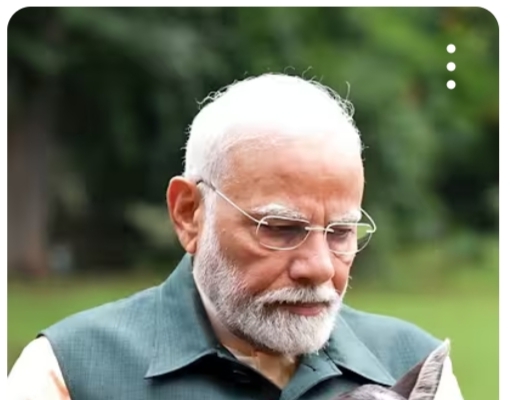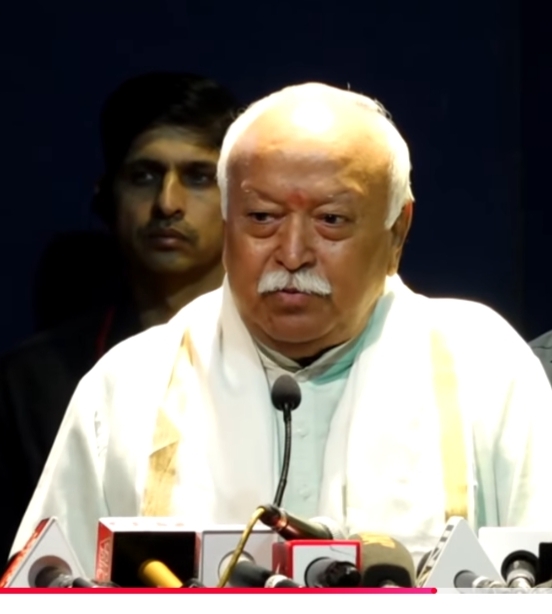

New Delhi: A fresh bout of friction appears to be intensifying within the Sangh Parivar, as top leadership of the Rastriya Swayamsevak Sangh (RSS) reportedly expressed displeasure with the Modi-Shah duo over the selection process of new state BJP presidents. The discord has surfaced at a particularly sensitive juncture, coinciding with Prime Minister Narendra Modi’s ongoing five-nation diplomatic tour, which began on Wednesday.
In an unusually swift move, the Bhartiya Janata Party (BJP) announced the names of 14 new state unit chiefs within a span of just two days — a move that caught several senior Sangh functionaries off guard. While BJP leaders maintain that the reshuffle is part of routine organisational strengthening, sources within the RSS suggest that the central leadership bypassed traditional consultative mechanisms with the Sangh on key appointments, further widening the rift.
Adding to the unease is Modi’s conspicuous absence from the national capital during the RSS’s crucial Prant Pracharak Baithak — a three-day strategy and review meet being held this week. Although officially convened to plan centenary celebrations and nationwide training programs, insiders confirm that the meeting is likely to include a candid stocktaking of the Sangh’s increasingly strained relationship with the BJP under Modi’s leadership.
A senior RSS functionary, speaking on condition of anonymity, confirmed that internal reviews following the 2024 Lok Sabha election results have left the Sangh leadership “deeply disappointed.” While the BJP-led NDA returned to power, the party fell short of a majority on its own, and Modi’s personal image took a noticeable hit. “We supported Modi fully for two terms, but we can no longer ignore the growing discontent among core karyakartas and traditional support bases,” the source revealed.
There is a growing perception within RSS ranks that the centralisation of power within the BJP — often reduced to the Modi-Shah axis — has alienated grassroots workers and long-standing ideological loyalists. Many within the Sangh view the recent state-level appointments as being driven more by loyalty to Modi than by organisational merit or ideological grounding.
This discontent is not merely academic. Some pracharaks believe that the weakening of internal democracy and neglect of ideological moorings have contributed to the BJP’s electoral setbacks in key states. The murmurs of “course correction” within the RSS are growing louder, especially as the organisation begins preparing for its centenary year — a moment many believe should also mark a strategic recalibration of its relationship with the ruling political arm.
Political observers note that the BJP’s future trajectory may depend on how both the RSS and Modi-Shah leadership navigate this internal storm. While open confrontation remains unlikely, subtle shifts in messaging, appointments, and campaign narratives in the coming months may signal the shape of things to come.
For now, the Sangh Parivar appears to be at a crossroads — caught between continued loyalty to its most electorally successful leader and the imperative to reclaim ideological and organisational balance ahead of the 2029 general elections.
(Writer is Senior Journalist and Political Commentator)





